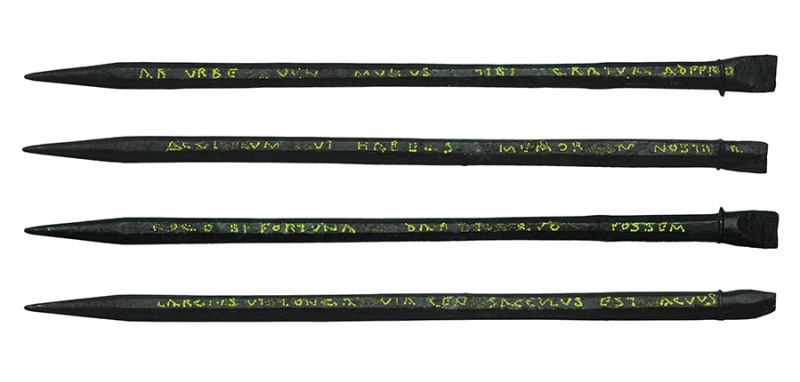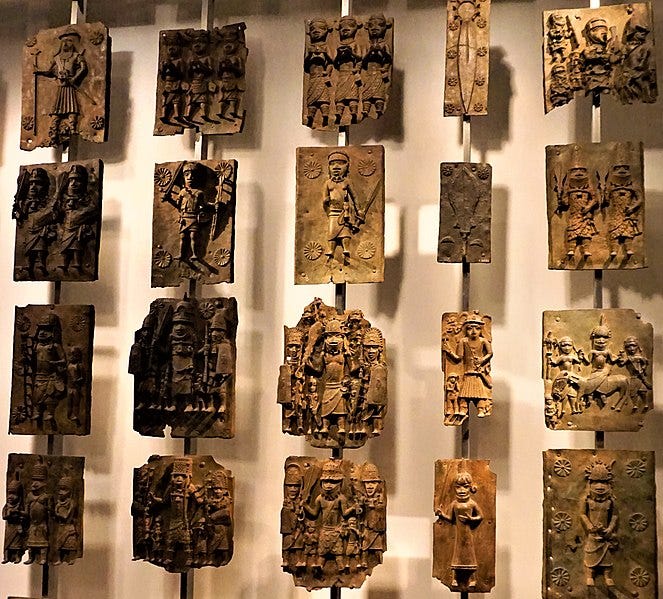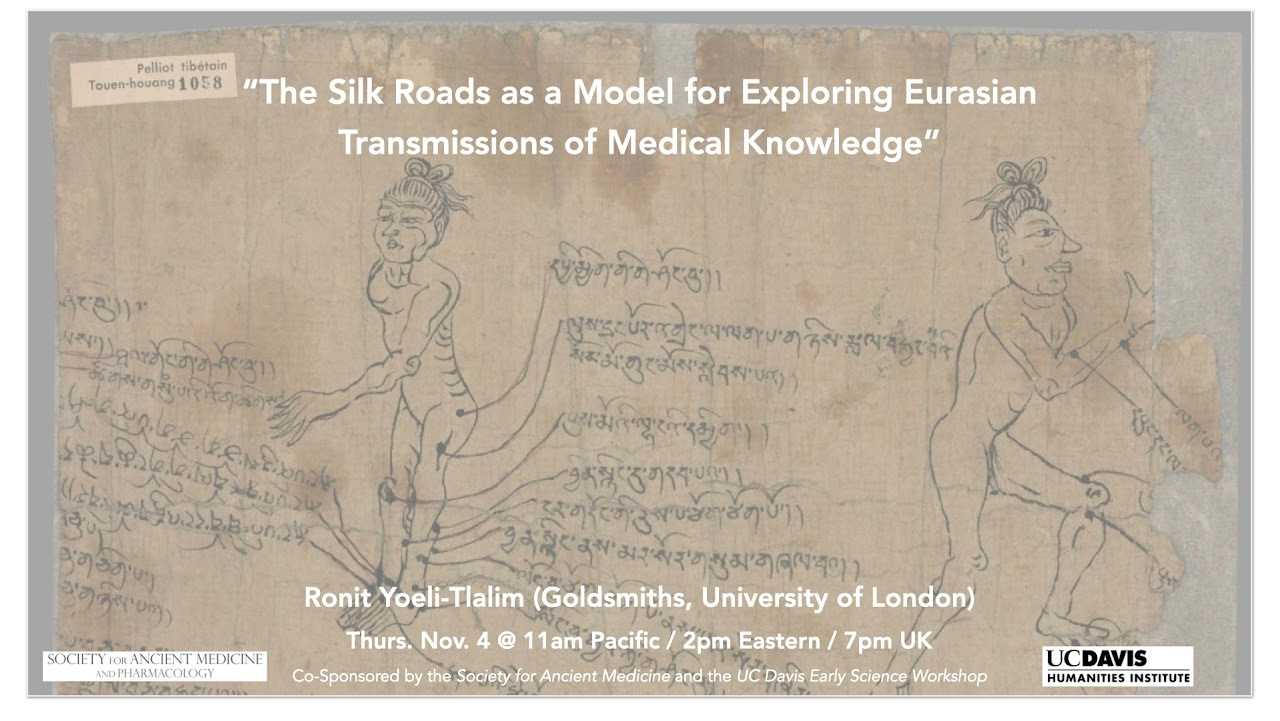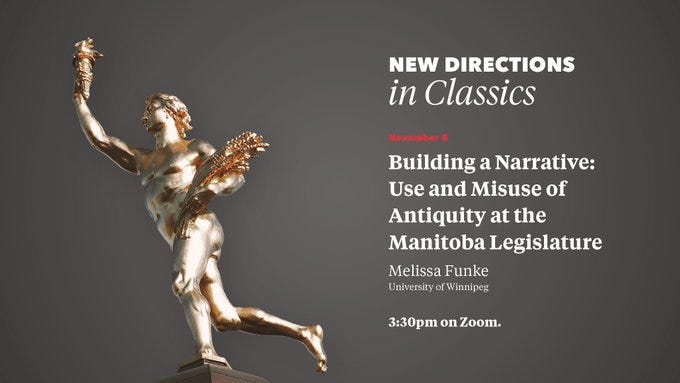
This week, we’re thinking about academic freedom across the globe, with Nadejda Williams’s report on tenure threats in Georgia and Ábel Tamás’ post from Budapest by way of Basel. Amy Pistone fills us in on Halloween happenings while Colin McCaffrey supplies some bibliographic treats.
Georgia on My Mind (Nadejda Williams)
In the opening chapter of his Annals, Tacitus famously commented on the negative impact of autocratic leaders on historians’ academic freedom. Fear and sycophancy are both enemies of academic freedom and of good scholarship, Tacitus noted, and his observations particularly resonate with me right now, as a classicist teaching at a public university in Georgia. True, I am not likely to be told to open my veins in the bath, but my job feels less secure than ever. Earlier this month, the Georgia Board of Regents passed the most sweeping and alarming reform of tenure in the state’s history. The story received coverage in the New York Times, and I refer those interested in reading the full policy to pages 38-48 of the October 12th BOR meeting agenda.
But as problematic as these changes are, they could have been much worse. The original proposal included a policy that would have allowed university presidents to fire any faculty member, including tenured faculty, without cause even mid-contract. Few Senecas are walking in our midst, willing to speak truth at such high cost. A year ago, my institution passed a No Confidence resolution against our president. Such open criticism of abusive leadership would not have been possible if the president had carte blanche to fire whomever he will. How can one be a good classicist under a bad emperor, asked Donna Zuckerberg in a different context five years ago? As everything else Dr. Zuckerberg has written, this has aged well.

Reading Classics by the Danube (Ábel Tamás)
Imagine the scene: on a wonderful October evening, you are sitting on the banks of the Rhine, enjoying the sunset over a friendly conversation with colleagues, and, suddenly, one of them asks: “What is the situation of classical studies in Hungary?” What can you say and what can you not say?
Classics has been thriving in Hungary these last several years. Students and scholars have started to discover that classical art and literature really have something to say to our age, both locally and globally. In sum: they realize that antiquity counts, and may give back a portion of freedom to you. I cannot count the number of reading groups – underground and open – that are meeting in private apartments, pubs and cafes, photo labs, even (why not?) seminar rooms at universities, reading and interpreting classical texts, in original or in translation. This is extremely refreshing if you do it without any obligation—or, better, if you don’t do it in isolation: if your interlocutors want to meet at a place where ancient meets contemporary, classical meets non-classical, literature meets art, or philosophy meets philology.
Sometimes these groups meet for fun. Last summer, for example, I had the privilege of participating in a five-day holiday wherein ancient historians and Latinists read Horace’s Odes together for pure enjoyment. But sometimes these groups are a means of survival. Just ask the art historians, museologists, Egyptologists, and others who founded “The Palladion” why they had to leave their previous workplace. They might answer your question. But I’m sure they would emphasize something even more important: that they love classical art, they are deeply interested in its cultural connections to Ancient Egypt or Assyria, and they are enthusiastic about antiquity’s relevance to our (not always easy and comfortable) contemporary reality.
I hope I did not breach the sunset rule.

Spooky Season! (Amy Pistone)
Just in time for Halloween, the Save Ancient Studies Alliance (SASA) has their Halloween Bash Fundraiser, with 10 days of spooky classical content. Peopling the Past also has a post on Researching Monstrosity in Greek Literature with Fiona Mitchell and one on Myths, Monsters, and “Serpentine Stories” with Liv Albert. Speaking of Liv Albert, her podcast, Let's Talk About Myths, Baby!, released a new episode, Do You Like Scary Movies? Scream Queens of Myth with Vanessa Stovall. Finally, Legonium offers some simplified Latin stories with Lego illustrations!
Elsewhere On the Web
Over at Sportula Europe, Lylaah Bhalerao shares her experience as an anti-racist campaigner and ethnographer of Classics, with advice on how to be an activist classicist. To hear more from her and others seeking to decolonize the field, check out the hybrid conference “Decolonizing Hellas” from November 4-7, 2021.
Sign up here for upcoming fall events at the Women’s Classical Caucus, including a reading group on The Book Proposal Book, a panel with editors of the new scholar-led press Tangent to workshop your book ideas and questions, and a session on academic parenting.
In new publication news, Sophus Helle’s translation of the Epic of Gilgamesh is now out in the world.




Moudhy Al-Rashid has a fantastic Twitter thread on whether the Sumerians invented the wheel and its history within ancient Mesopotamia.




An open-access special volume of the Archaeological Papers of the American Anthropological Association (AP3A) edited by archaeologist Elizabeth H. Paris looks at comparative examples of urban commerce in ancient Mesoamerica.
In Paris this week, 26 Benin bronzes from a trove looted by the French in 1892 are currently “being shown for just six days at the Quai Branly museum before being shipped to the West African country later this month.” Learn more about the 3,000-5,000 stolen Benin Bronzes at the Digital Benin database, which formally launches in 2022.

Lectures On Our Radar
SAM Event: Ronit Yoeli-Tlalim, "The Silk Roads as a Model for Exploring Eurasian Transmissions of Medical Knowledge," Thursday, Nov. 4, 2021 @ 11am Pacific / 2pm Eastern / 7pm UK. Register here to receive the Zoom link.
Melissa Funke, "Building a Narrative: Use and Misuse of Antiquity at the Manitoba Legislature," Friday, Nov 5. 2021 @ 1:30pm Pacific / 4:30 pm Eastern. Register here for the Zoom link.
New Online Journal Issues (curated by @YaleClassicsLib)
Lucius Annaeus Seneca Vol. 1 (2021) #openaccess New Journal!
Gnomon Vol. 93, No. 7 (2021)
Plato Journal Vol. 22 (2021) #openaccess
Journal of Ancient History and Archaeology Vol. 8, No. 3 (2021) #openaccess NB: “Do We Really Have Evidence for Jewish Gladiators?” by Haggai Olshanetsky
Heródoto Vol. 5, No. 2 (2020) #openaccess Entre o Cristianismo originário e o Mundo Clássico
TAPA Vol. 151, No. 2 (Autumn 2021)
Bulletin of ASOR Vol. 386 (Nov. 2021) NB: “The Making of a Script: Cretan Hieroglyphic and the Quest for Its Origins” by Silvia Ferrara, et al.
Cambridge Archaeological Journal Vol. 31, No. 4 (November 2021) NB: “Subaltern Debris: Archaeology and Marginalized Communities” by Beatriz Marín-Aguilera
Pitches
The Public Books section "Antiquities" is taking pitches for articles to be published in early 2022. You can also pitch to our “Pasts Imperfect” column at the LA Review of Books using this form. Thanks for reading and happy Halloween!











